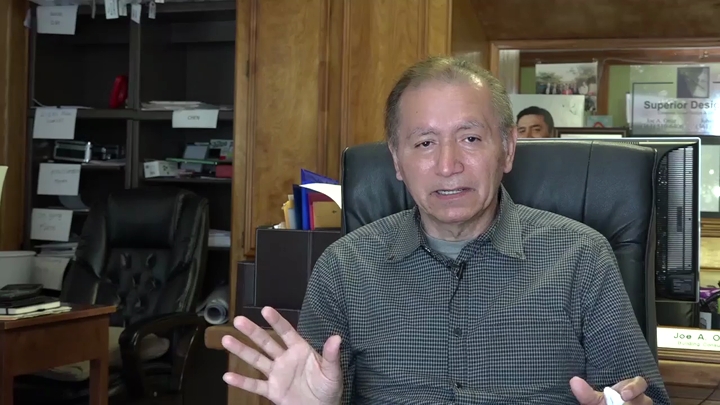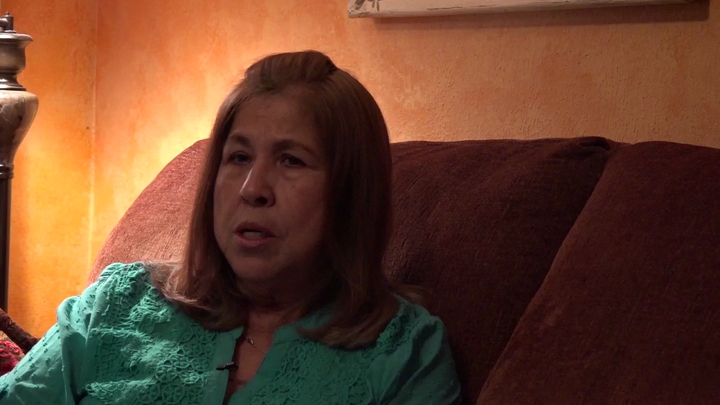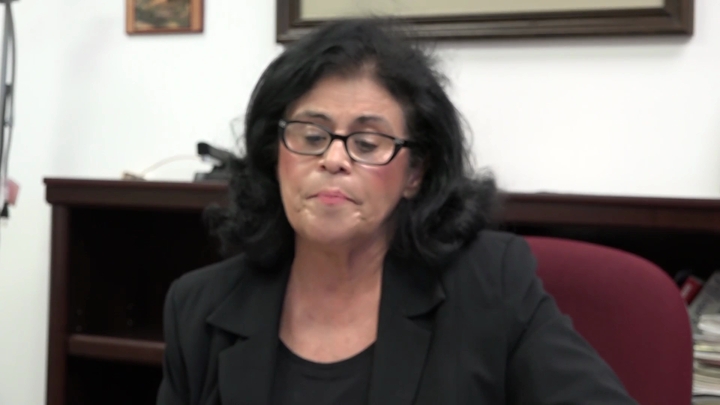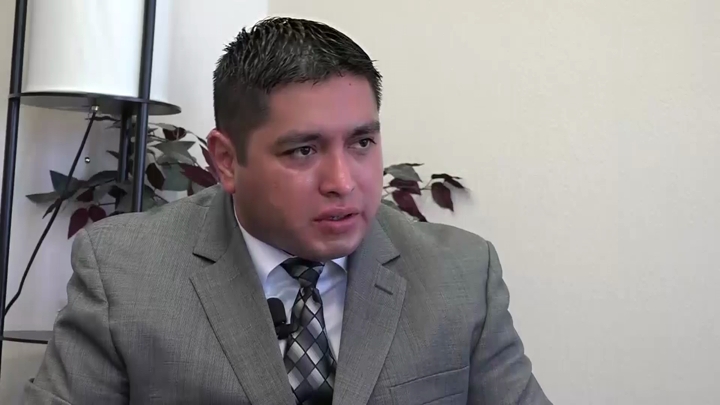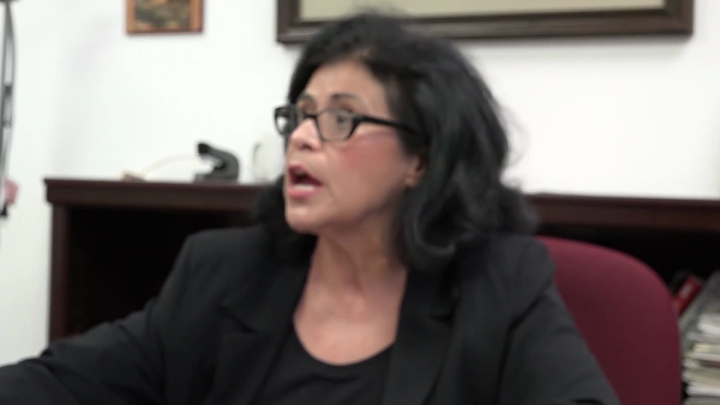Abalos / Conclusion, Part One
sign up or sign in to add/edit transcript
Moye: When you reflect back on your dad carrying his birth certificate everywhere, how does that make you feel? Abalos: Oh, sad. Moye: I mean, it has never occurred to me to Carry my birth certificate around. Most in Texas have never even considered it. Abalos: No! I honestly was older when I found out when he did. It would have never occurred to me. And he should not have had to. But he did. And there were not even that many illegal aliens at the time here in Texas. They may have been somewhere but in this part of West Texas, there were not. The numbers were not that high. I think the numbers were highest where- I do not know if you have talked about being a migrant worker. Did he tell you that he was a migrant worker growing up? Zapata: Yes. Abalos: I was not. I was born here in Odessa. Richard was born and raised in Rankin and they did a lot of the migrant work. So they went out where there was work. Maybe they could see a lot of Mexicans coming in to work the fields. But my dad did not work in the fields, he worked for construction companies. He worked as a laborer. So did his brothers and sisters. Every once in a while in the summer when the work was slow – he might have – I only remember one time he went to work in the fields. He went with neighbors, and frankly I thought it was fun. I did not last. I think I did it for one day. But Richard and his family stayed out there, Summer after summer. But my dad did not. If my dad did it, he may be did it for a week. He never did it for a long period of time because as I said he worked for construction companies as a laborer. Anyway, he should not have had to carry his birth certificate and my dad was not at dark skin man and he had light eyes. There was a fear of been picked up. They raided these companies so he carried his birth certificate around all the time and he should not have had to. We are Mexican Americans for a reason and we were here and his family was here and his family was here and his family was here. Anyway, it bothers me to think that. So when they were saying that they can stop us – some of the legislation they proposed they could stop is just from looking like we do. So I was very passionate about not doing because of my dad’s experience. I would have been stopped right away, my kids would have been stopped, Richard might not have been stopped. The rest of us would have. Where is the equality and that?


